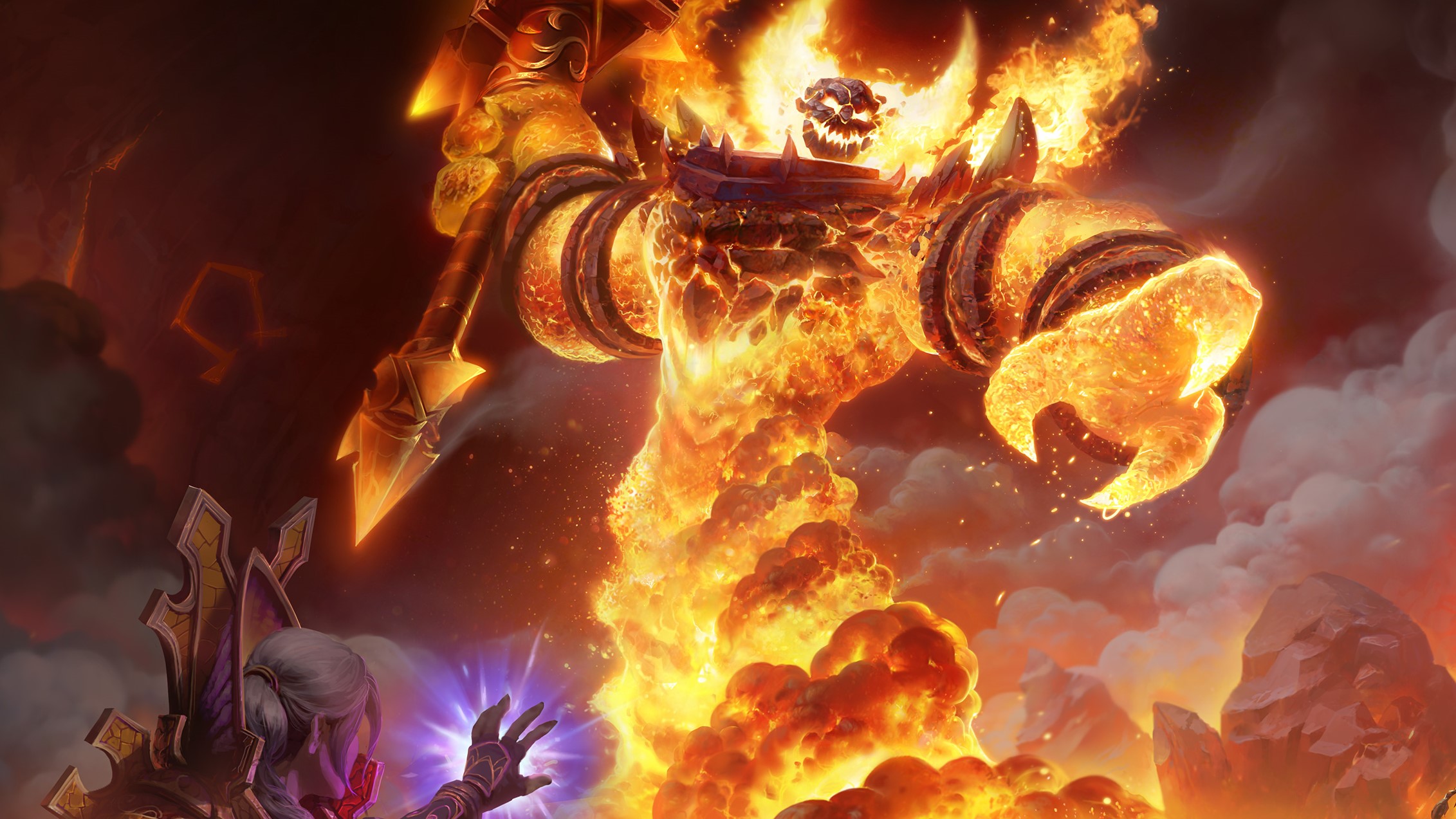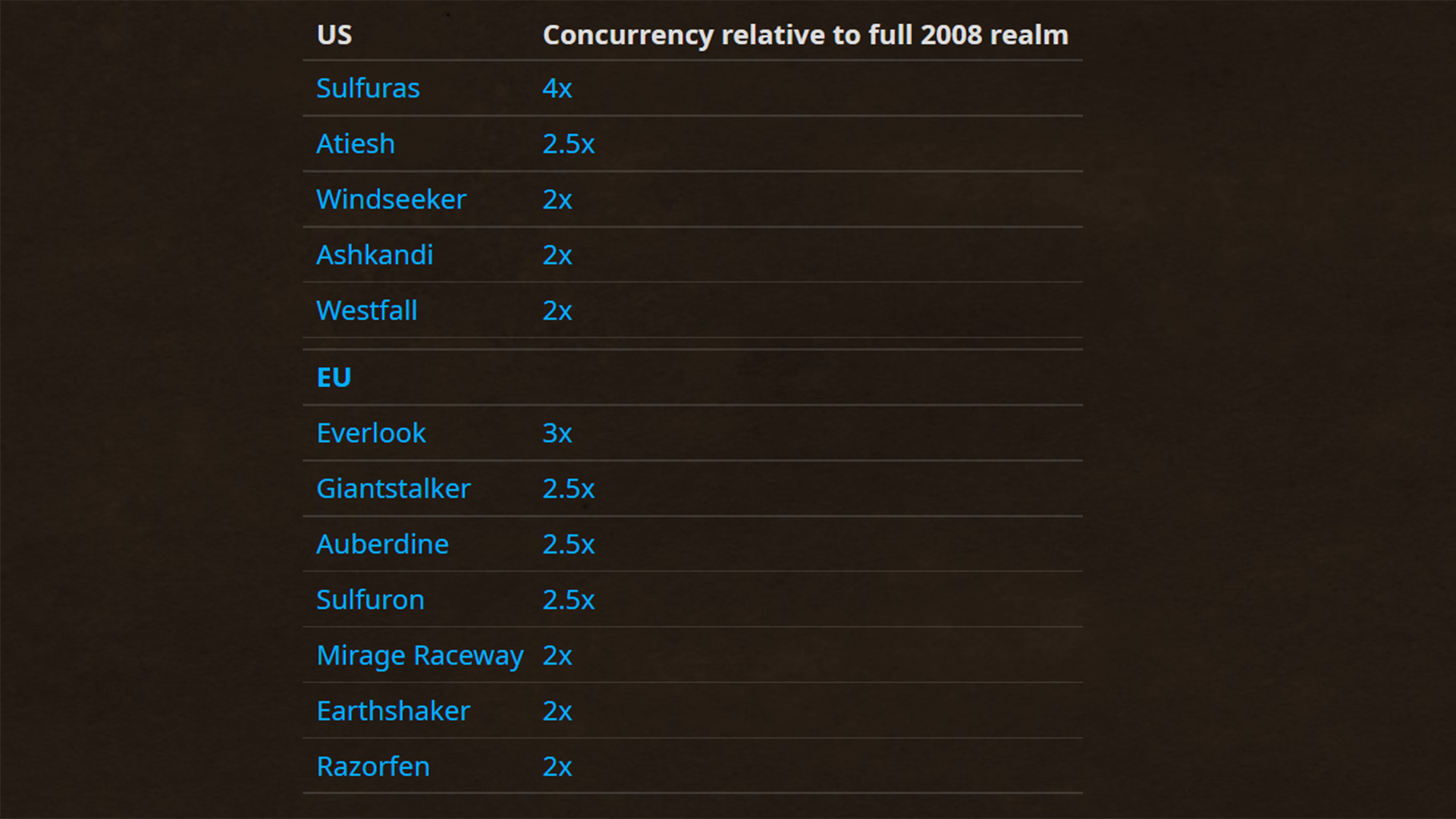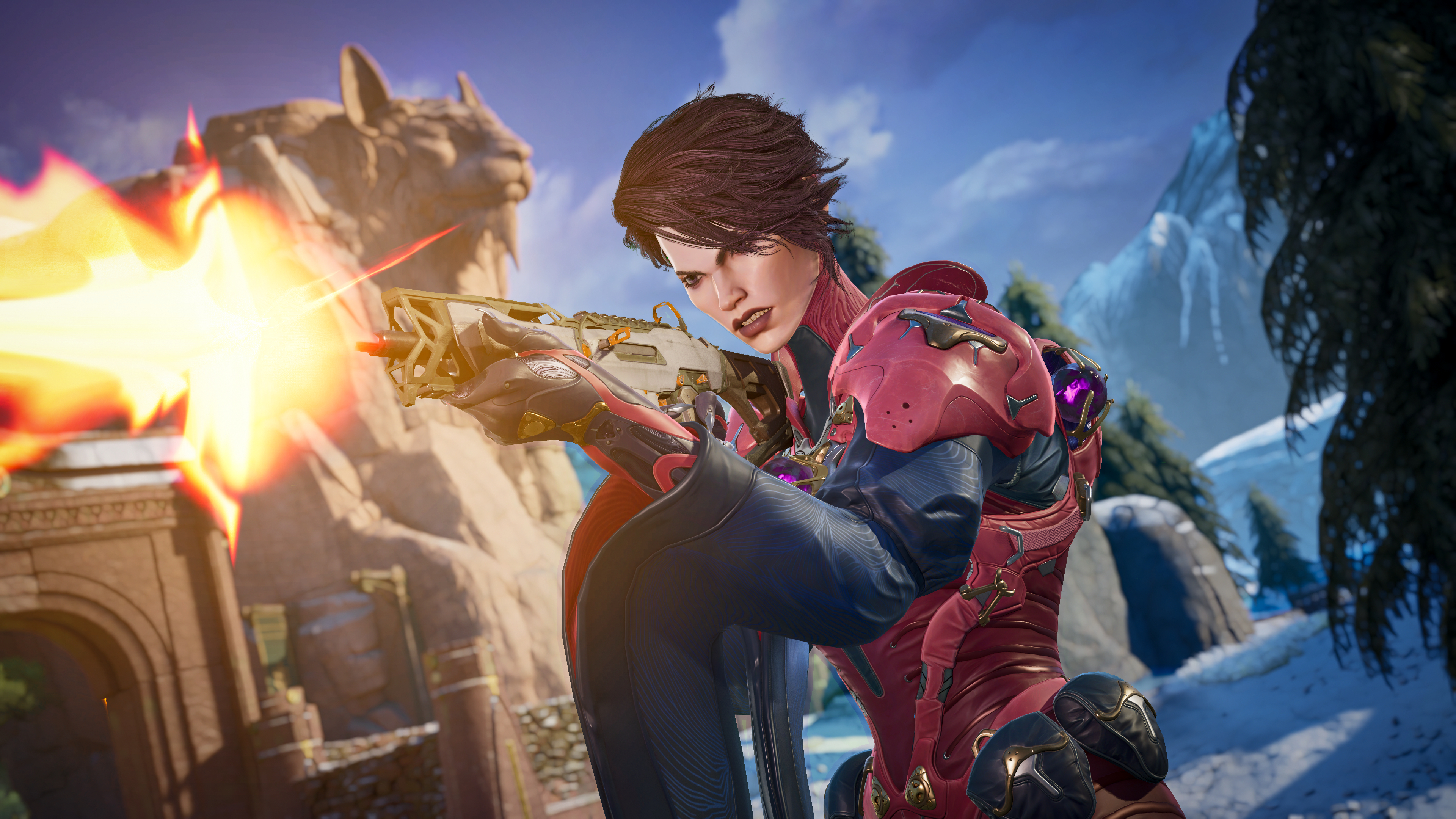WoW Classic servers are on fire and Blizzard is trying to put them out
Blizzard is offering free transfers for those affected by long queue times.

Keep up to date with the most important stories and the best deals, as picked by the PC Gamer team.
You are now subscribed
Your newsletter sign-up was successful
Want to add more newsletters?

Every Friday
GamesRadar+
Your weekly update on everything you could ever want to know about the games you already love, games we know you're going to love in the near future, and tales from the communities that surround them.

Every Thursday
GTA 6 O'clock
Our special GTA 6 newsletter, with breaking news, insider info, and rumor analysis from the award-winning GTA 6 O'clock experts.

Every Friday
Knowledge
From the creators of Edge: A weekly videogame industry newsletter with analysis from expert writers, guidance from professionals, and insight into what's on the horizon.

Every Thursday
The Setup
Hardware nerds unite, sign up to our free tech newsletter for a weekly digest of the hottest new tech, the latest gadgets on the test bench, and much more.

Every Wednesday
Switch 2 Spotlight
Sign up to our new Switch 2 newsletter, where we bring you the latest talking points on Nintendo's new console each week, bring you up to date on the news, and recommend what games to play.

Every Saturday
The Watchlist
Subscribe for a weekly digest of the movie and TV news that matters, direct to your inbox. From first-look trailers, interviews, reviews and explainers, we've got you covered.

Once a month
SFX
Get sneak previews, exclusive competitions and details of special events each month!
World of Warcraft Classic, in the weeks before the launch of the Wrath of the Lich King expansion, is overflowing.
As players slam the US and EU servers, Blizzard is trying to reduce hours-long queue times before original WoW's most pivotal expansion re-releases in WoW Classic later this month. Players will no longer be able to create new characters or transfer existing ones to the most packed servers, known colloquial in the community as "megaservers," until the populations decrease.
"We’ve been hesitant to [do] this because we really dislike restricting player movements and potentially breaking up social circles, but that ethos is no longer compatible with the reality we find ourselves in," the game's producer Aggrend wrote in a forum thread of players criticizing the state of the servers.
Blizzard is also offering free character transfers to servers that haven't reached their max capacity yet. Aggrend detailed in a series of forum posts why it's the least disruptive solution to the problem, but said that Blizzard is considering other incentives to keep players evenly dispersed.
WoW Classic, even more than standard WoW, thrives on robust player communities. It's built to emulate the old definition of an MMO (before cross-server technology existed), where a healthy server population significantly affects your ability to participate in raids, PvP, guilds, roleplay, and other social parts of the experience. Players naturally seek out high-population servers where these activities are guaranteed to flourish, and when they get comfortable, they don't want to leave.
Long queue times and faction population discrepancies shatter the idealistic image of what WoW Classic aims to be, which has forced Blizzard to try to reign it in before the expansion arrives.
Aggrend's posts compare the lower population servers to those in the 2008 version of the MMO, trying to dispel players' assumptions that they're not worth transferring to. According to their data (which isn't attributed to any specific dates), many of the servers have two to four times the amount of concurrent players as the old game.
Keep up to date with the most important stories and the best deals, as picked by the PC Gamer team.
WoW Classic players have the benefit of history to guide them through quests and activities that would have been new and harder 14 years ago, so they often work on a faster and larger scale as a result. Aggrend's comparison doesn't necessarily prove that those servers are worth playing on for the most hardcore players who demand large populations to reduce the time it takes to find groups and fuel a robust in-game economy, but the comparison makes sense for most casual players.
Aggrend went on to explain that server capacity can't simply be increased by adding more hardware, and reiterated that right now, people who want to avoid queue times should use the free transfers. "So put as plainly as possible, we cannot increase capacity any more without inviting additional and likely cascading failures to the service," they said. "There’s no [technological] solution to this. There is no hardware solution to this. This situation will not improve when Wrath of the Lich King Classic launches on September 26th, it will only get worse."
WoW Classic is far from the only MMO to struggle with server capacity during the now more than two years of the pandemic. In its first days of launch in 2021, New World had to close off character creation in order to relieve overloaded login queues. And later that same year, Final Fantasy 14 had to do the same thing on top of removing the game from sale near the launch of its Endwalker expansion.
Tyler has covered videogames and PC hardware for 15 years. He regularly spends time playing and reporting on games like Diablo 4, Elden Ring, Overwatch 2, and Final Fantasy 14. While his specialty is in action RPGs and MMOs, he's driven to cover all sorts of games whether they're broken, beautiful, or bizarre.


